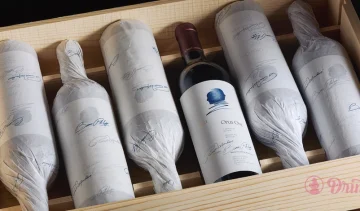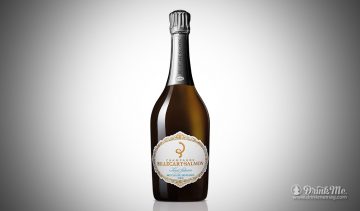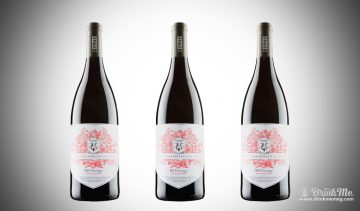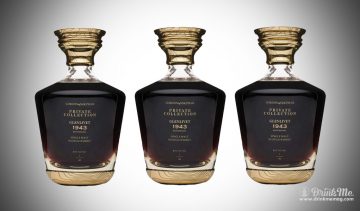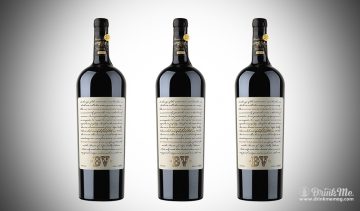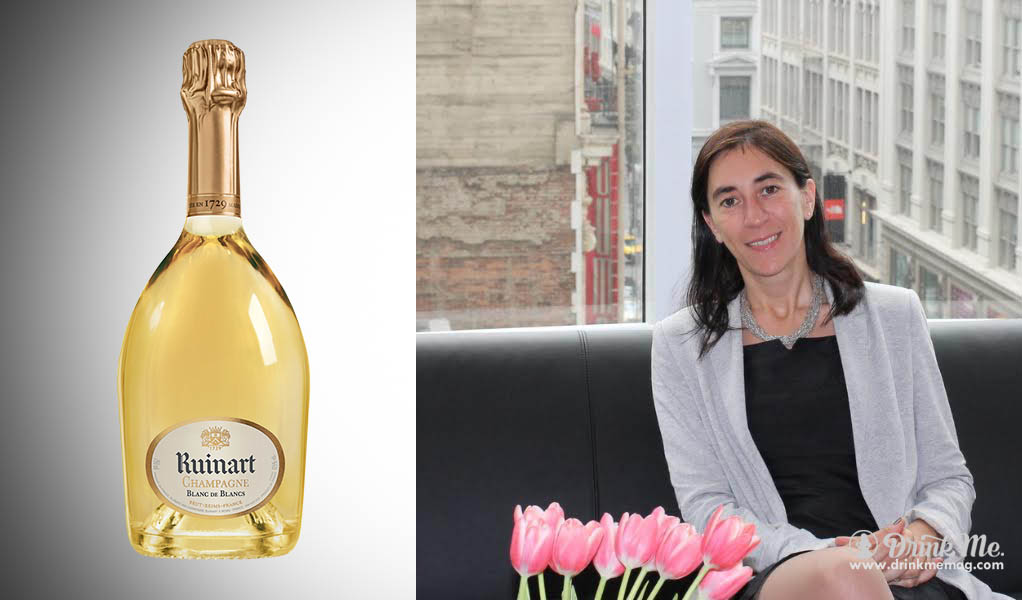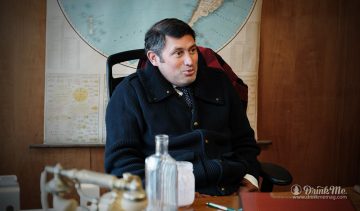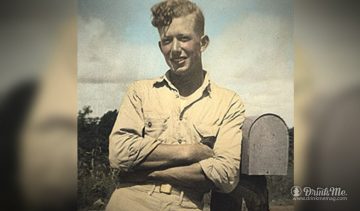Parisian Pauline Carmona has been serving as Consul General of France in San Francisco for a little under a year. We recently visited with her to ask for some reflections about her hometown, food and drink, and what it’s like to be French here in San Francisco.
Fredric: San Francisco is a foodie town. There’s not much that is unavailable here. But there must be things you crave that you look forward to enjoying when you are back home?
Pauline: It’s difficult to say that I miss something here because it is a wonderful place. Even foie gras now has turned legal! There are so many French people here, more than 60,000 French citizens in the area.
When I arrive in Paris the first thing I always eat is a fresh, crispy baguette. You can find good ones here, but because of the very humid weather it doesn’t stay crisp for very long and you have to put it in the oven. So, I go to the bakery. And I like cheese, non-pasteurized cheese with a lot of bacteria, everything that is forbidden here but which are the best, of course. For the best traditional cheese you have to go to cheese shops. If the weather permits I go for a drink on a terrace in Paris.
F: Where in Paris?
P: I like the 4th district, the Marais district. In the 3rd and 4th you have the oldest houses and places. I was working in the 15th because part of the Ministry of Foreign Affairs is based there and you have the Rue Balard and it’s quite lively.
The Bastille neighborhood where I used to live is a very nice district. It is in the gentrification process now, going upmarket–what we call bobo.
F: What’s your drink?
P: I’m not very fond of cocktails. I like pastis. Although I’m not from the south of France, for me it is associated with summer. So when summer comes and it’s more than 20 degrees Celsius then it’s time for Pastis. I add water and an ice cube and I eat olives. I will not drink it in winter, it’s really associated with summer and summer holidays.
F: So in winter you drink…?
P: In the winter we have a family house very close to the Champagne region and during weekends we like to visit small independent Champagne producers. A friend of mine used to work in the business. I like talking with the people, tasting… some can be very dry. We regularly organize family parties and part of the fun is to choose the Champagne for the party. So two or three weekends before, we visit the caves.
F: Is there a Champagne Americans may not be familiar with that you like for a celebration?
P: I don’t know if they know about Ruinart. It is one of the biggest houses. It is quite expensive. but if I can afford it and I have something to celebrate, I choose that. But for minor occasions it can be Champagne rosé.
F: Any other regions that have particular associations for you?
P: When I was a kid every summer we spent one month in Champagne and the other month in Corsica. We drank Muscat wine—it is really typical of the place – which is very sweet wine which we used to buy there that we would drink with olives and grilled fish. People would just catch the fish and we would barbecue it and eat it immediately with a little bread and goat cheese. They have good specific charcuterie from this region. Every year we would buy some products from Corsica and take them back to Paris. And every year we would realize that they did not taste the same. Some products don’t travel well; they are associated with a place, like having a terrace looking over the sea.
F: Earlier this month we celebrated Bastille Day. How do they celebrate it in Paris?
P: Celebrations don’t start on the 14th, they start on the day before, the 13th of July. Every firehouse organizes a ball on the 13th of July and it’s open to everybody. When I was living in Paris I would usually go on the 13th to a ball and we took a bottle of Champagne and a few plastic glasses.
F: And then on the 14th?
P: I don’t know how all families do it, but in my family I used to be in Champagne with my grandparents. The first thing my grandfather would do is to turn on the TV to watch the military parade. On the Champs-Élysées we have a military parade, so all the armed forces and all the military schools march, and now more foreign allies march too. It is very solemn. It starts at the Arc de Triomphe and ends on Place de La Concorde and they salute the President and all the government. It is a very nice défilé. The government pays tribute to all the armed forces who have served abroad, and to our allies. It ends with a beautiful thing, the Patrouille de France flying over the Champs-Élysées, which is like you have here for the air show—they make loopings and put out the blue-white-red smoke. It is very artistic.
Once when I was seven years old, my parents took me to the défilé with my brothers and sisters and we woke up very early and took our place on the Champs-Élysées. It was crowded and I was too small to see it so I was on my father’s shoulders and then it was very exciting to see. In the evenings a lot of cities do fireworks. It’s very nice in small villages because they have limited means, but they are committed to having their own fireworks. Sometimes it rains, especially in the Champagne region it rains a lot, and so the fireworks are really ridiculous and it completely fails but people try, and you’re all part of the village party.
F: Any food or drink that is popular on Bastille Day in the villages?
P: We drink a lot of Champagne. Sandwiches with merguez, a spicy sausage which we cook on the barbecue. Also rosé, the wine we drink during summer.
F: You do a lot of entertaining for your compatriots here at the Consul’s residence. What do they expect in the way of hospitality?
P: It is very difficult when we have a party, because Americans are used to having a time frame, say from 6pm to 8pm. French people are much more Latin. They don’t really respect the starting time and they definitely don’t like to have an ending time. It’s very funny. French people here are nice and friendly, but they don’t like to have an end to a party. If they like the place, it will be very difficult to have them go. For them a party is something that lasts. Sometimes at the residence we have three parties a week. The staff is working very hard and still… at 9:30… 10 p.m. we still have people there [laughs]. It’s a good sign. But sometimes I have to stop the drinks flowing.
At the residence I serve two types of drinks, either French wines or those imported by French importers, and wine produced here by French producers. I serve a lot of Chandon sparkling wine which is part the Moët & Chandon house. Also some wines that are produced here by French producers. For Bastille Day I served Chandon for the sparkling, and Bourgogne-type wines produced here by a French citizen, Alain Mutricy, who sells his wine, Climats du couchant, to good restaurants like La Folie. I’ve tasted the white wine and he is making a red.
I also served boeuf bourguignon prepared by Café Bastille because I wanted Café Bastille associated with the event. And homemade pastries!
F: Merci bien, Madame.
P: Thank you.


